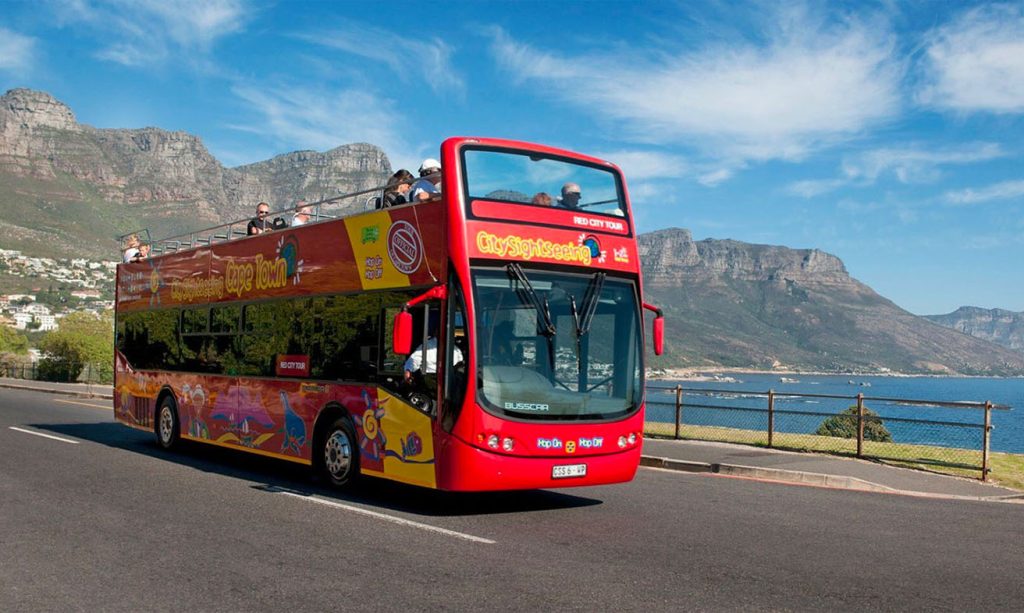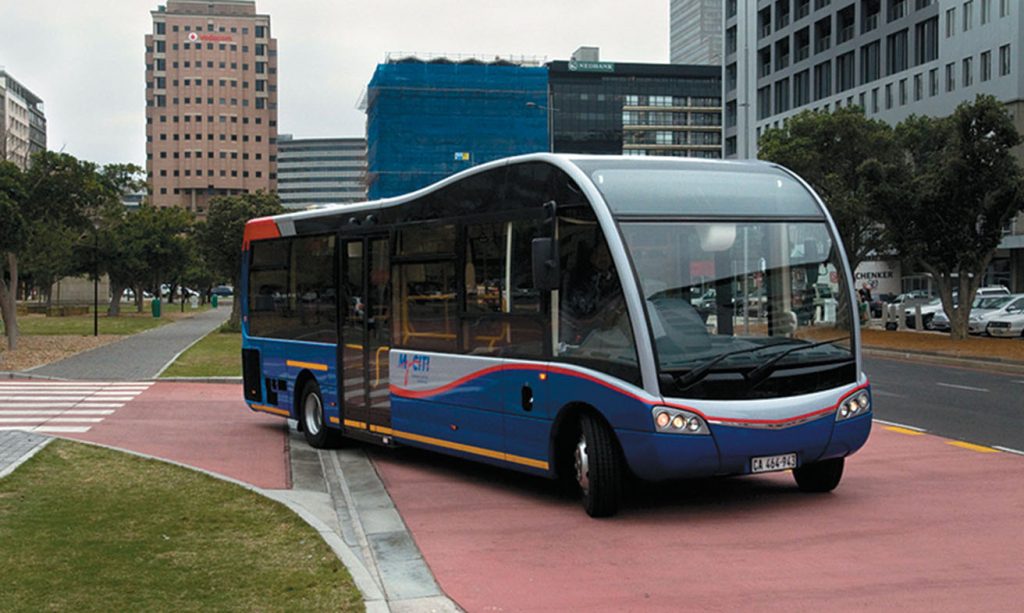
With its stunning landscapes, rich culture, and diverse attractions, Cape Town is a dream destination for any adventurer.
Getting to Cape Town: Cape Town is well-connected to major cities around the world, and the Cape Town International Airport serves as the primary gateway. Many international airlines offer direct flights to Cape Town, making it easily accessible for travelers from different continents. Whether you’re flying from Europe, Asia, or the Americas, there are numerous flight options to choose from. It is advisable to book your flights well in advance to secure the best fares and to have more options in terms of flight schedules.
Car Rental: Renting a car is an excellent option for those who prefer to explore Cape Town at their own pace and venture beyond the city center. Several reputable car rental agencies operate at the airport and throughout the city, offering a wide range of vehicle options to suit different budgets and group sizes. Be sure to familiarize yourself with South Africa’s road rules and drive on the left side of the road.
Renting a car allows you the freedom to plan your own itinerary and visit attractions off the beaten path. Cape Town’s scenic drives, such as Chapman’s Peak Drive and the Cape Peninsula Loop, are best explored with the flexibility of a rental car. Additionally, having a car can be convenient for day trips to nearby wine regions, such as Stellenbosch and Franschhoek, where you can indulge in wine tasting and vineyard tours.
Public Transport: Cape Town has a reliable and affordable public transport system, making it easy to get around the city without a car. The MyCiTi Bus service offers various routes that connect major tourist attractions and neighborhoods. The buses are clean, comfortable, and equipped with air conditioning, making them a convenient option for travelers.

To use the MyCiTi Bus service, you will need a myconnect card, which can be purchased at MyCiTi stations or participating retailers. The card can be loaded with credit, and fares are deducted as you use the bus. It’s important to note that the myconnect card is not transferable, so each traveler will need their own card.
Metrorail Train: The Metrorail train network is another option for longer distances, such as traveling to nearby towns or vineyards. While the trains are a budget-friendly mode of transport, they can be less reliable and less frequent compared to other options. It’s advisable to check the train schedule in advance and be mindful of safety, especially when traveling during off-peak hours.
Uber and Ride-Hailing Services: Uber and other ride-hailing services are widely available in Cape Town. They offer a convenient and safe way to travel within the city, especially for short distances or when you don’t want to deal with parking. The advantage of using ride-hailing services is that you can track your driver’s arrival, and the payment is automatically processed through the app, eliminating the need for cash transactions.
Taxi: Traditional metered taxis are also available throughout the city. However, it’s essential to ensure that the taxi is licensed and uses a meter to avoid potential overcharging. In some cases, it may be helpful to negotiate the fare in advance, especially for longer journeys.
Navigating Cape Town: Cape Town is a sprawling city with several neighborhoods and attractions worth exploring. To make the most of your time, consider the following tips:
Plan Your Itinerary: Prioritize the places you want to visit and plan your daily itinerary accordingly. Cluster attractions that are located close to each other to save time and minimize travel. Cape Town offers a diverse range of experiences, from visiting iconic landmarks like Table Mountain and Robben Island to exploring the vibrant V&A Waterfront and the colorful Bo-Kaap neighborhood. Creating a well-structured itinerary will help you maximize your time and make the most of your Cape Town adventure.
Travel in Off-Peak Hours: Cape Town’s traffic can get congested during rush hours, especially in and around the city center. Whenever possible, plan your journeys during off-peak hours to avoid traffic jams and long travel times. If you’re heading to popular attractions during peak hours, consider using public transport or ride-hailing services to navigate the traffic more efficiently.
Weather Considerations: Cape Town’s weather can be unpredictable, so be prepared for changes in conditions throughout the day. The city experiences four seasons, with summers (December to February) being warm and dry, and winters (June to August) being cooler and wetter. Dress in layers and carry essentials like sunscreen, a hat, and a reusable water bottle to stay comfortable during your outings. Be prepared for sudden changes in weather, especially if you plan to visit Table Mountain, as weather conditions at the summit can be vastly different from the base.
Safety Tips:
Stay in Safe Areas: Cape Town has some neighborhoods with higher crime rates. Research and choose accommodation in safe areas, especially if you plan to explore the city on foot. The city center and popular tourist areas are generally safe, but it’s always a good idea to exercise caution and be aware of your surroundings.
Avoid Flashy Displays of Valuables: Keep your valuables secure and avoid displaying expensive jewelry, cameras, or electronic devices in public places to deter potential theft. Use a money belt or a secure bag to carry your essentials and avoid leaving valuables unattended.
Stay Informed: Stay updated on local news and travel advisories before and during your visit to be aware of any safety concerns. It’s a good idea to register with your embassy or consulate when traveling to a foreign country, as they can provide assistance and support in case of emergencies.

Local Customs and Etiquette: Respecting local customs and etiquette is essential when traveling to any destination. In Cape Town, you’ll find a warm and friendly atmosphere, and the following practices will be appreciated:
Greetings: Greet locals with a smile and a handshake, and use their titles, such as Mr., Mrs., or Miss, followed by their surname. South Africans are generally warm and hospitable, and a friendly greeting goes a long way in establishing positive interactions.
Language: English is widely spoken in Cape Town, but learning a few common phrases in Afrikaans or isiXhosa will be appreciated by locals. Embrace the opportunity to engage with the local culture by learning a few basic greetings and expressions.
Tipping: Tipping is customary in South Africa, and it’s an important way to show appreciation for good service. In restaurants, it is typical to leave a 10-15% tip for good service. Tipping is also expected for services such as hotel staff, tour guides, and drivers. At hotels and restaurants, it’s common for a service charge to be included in the bill, but additional tips for exceptional service are always welcome.
Explore Beyond Tourist Hotspots: While Cape Town’s popular attractions are undoubtedly worth a visit, consider exploring lesser-known neighborhoods and attractions to experience the city’s authentic culture and charm. Discover local markets, interact with residents, and savor traditional cuisine to gain a deeper appreciation for the city’s diversity and heritage.
Bo-Kaap: This colorful neighborhood, also known as the Cape Malay Quarter, is a vibrant and culturally rich area that dates back to the 18th century. Its brightly painted houses, cobbled streets, and the iconic Auwal Mosque make it a photographer’s delight. Bo-Kaap is also home to some of Cape Town’s best Cape Malay restaurants, where you can indulge in delectable curries and traditional treats.
Woodstock: This up-and-coming neighborhood is a hub for art, design, and creative ventures. Explore the graffiti-covered streets and visit art galleries, boutique shops, and craft markets. Woodstock is also known for its diverse food scene, with hip cafes and innovative eateries serving a range of international and fusion cuisines.
Kalk Bay: A charming fishing village just a short drive from Cape Town, Kalk Bay exudes an old-world charm and offers stunning views of the ocean. Stroll along the harbor, browse through quirky shops, and enjoy freshly caught seafood at one of the local restaurants.
Constantia Wine Route: While many visitors head to Stellenbosch and Franschhoek for wine tasting, the Constantia Wine Route is a hidden gem within Cape Town. It is the oldest wine-producing region in South Africa and offers a serene and picturesque setting for wine lovers to explore world-class vineyards and sample excellent wines.
Cape Town is a city that has something for every traveler, from breathtaking natural wonders to vibrant cultural experiences. By following these transportation tips and travel advice, you’ll be well-prepared to navigate the city and make the most of your time in this stunning destination. Embrace the spirit of adventure, immerse yourself in the local culture, and get ready to create unforgettable memories in the enchanting Cape Town.
As you explore the city’s iconic landmarks, indulge in its delicious cuisine, and interact with its warm and friendly people, you’ll discover that Cape Town is not just a place to visit; it’s a place to experience, a place that will capture your heart and leave you with a lasting impression.


